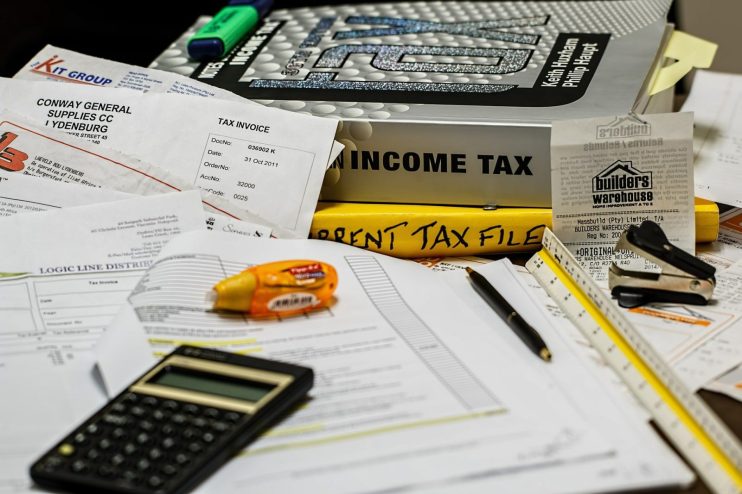Half a million UK partners in law firms and accountancies face tax hike in 2022

Over half a million sole traders and partners may face higher tax bills than expected next year if a government proposal to change the date businesses report their profits is approved.
Experts have said it would generate billions of pounds for the Treasury years ahead of the existing schedule for payments, according to a report in the Financial Times.
It would simultaneously cut the amount of working capital available to partners and sole traders, in law firms and accountancy groups, for up to five years.
The proposal is to change the 12-month period partners and sole traders use to calculate their profits – to bring everyone in line with either March 31 or April 5, the end of the tax year – according to a draft legislation published in July.
Tax liabilities, which businesses are currently able to defer by virtue of having a later date assigned for the end of their accounting year, will be brought forward.
The changes are expected to impact a quarter of a million partners and even more sole traders, based on tax returns for 2019/20.
In the existing system businesses can choose when they draw up annual accounts. Their tax bill falls at the end of the tax year in which their accounting period ends.
Many partners choose to end their financial year on April 30 to maximise the period between the time they earn profits and pay tax on them. They are therefore able to defer payments for 11 months unlike other taxpayers.
But the government has proposed that from 2023 onwards, businesses and their partners would be required to align their taxable profits with the rest of the UK, even if they prepare their accounts to a different date.
For businesses that do not currently use either date there will be a transition year from April 2022. During the transition period those companies will pay tax on over one year’s profits in order to be ready for the new system in April 2023. In the worst case scenarios it may mean some companies may 23 months’ worth of profits.
The changes are part of measures to simplify the tax system before digital filing and reporting starts for income tax in April 2023.
The Treasury reportedly said: “Simplifying the basis period rules will allow self-employed people to spend less time doing tax admin and will also help reduce errors and mistakes in returns.”